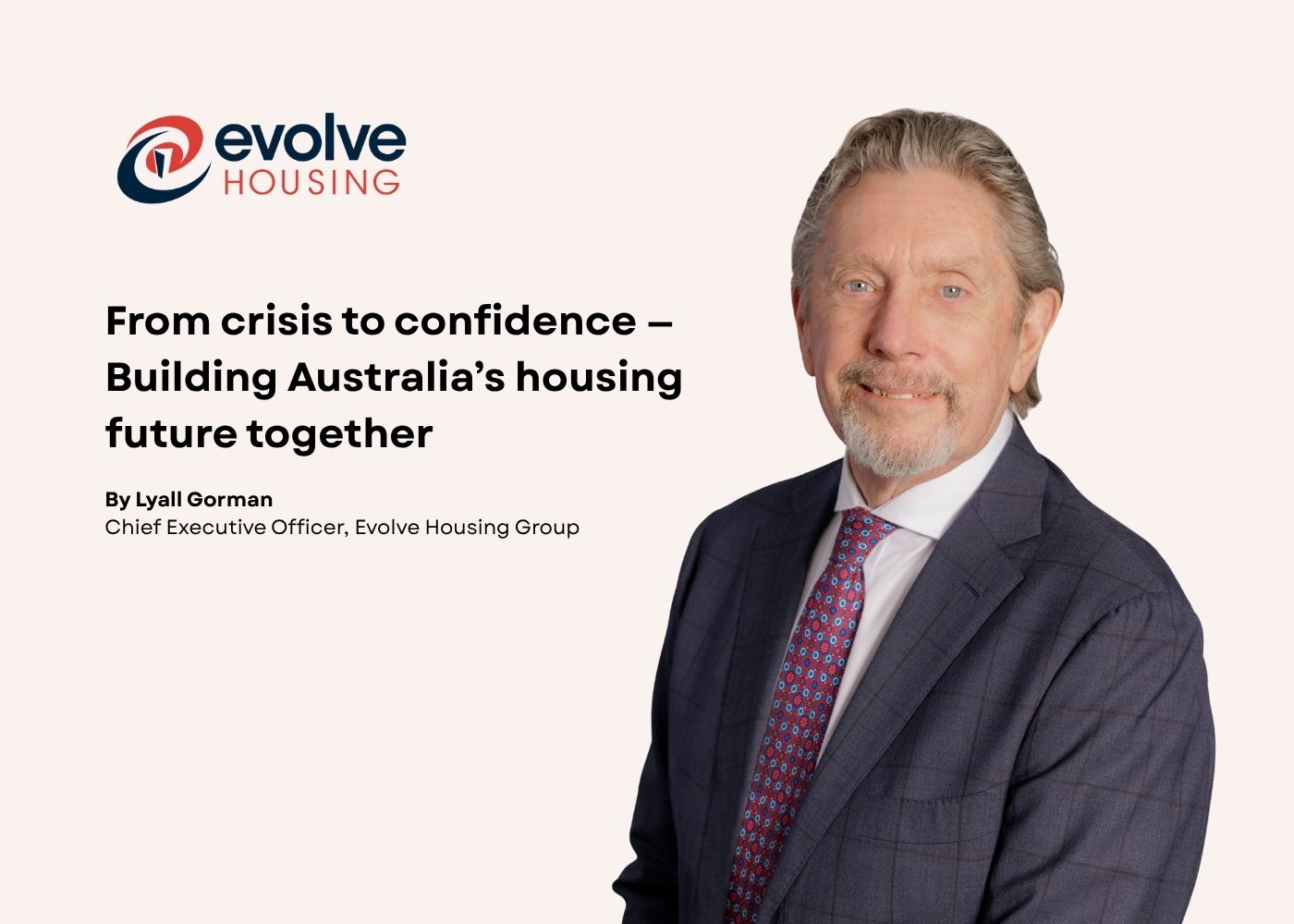Across Australia, housing affordability and supply have become defining issues of our time. Secure, affordable housing underpins every aspect of our society, from the stability of families and the wellbeing of communities to workforce participation and economic productivity. Yet for too many Australians, a safe place to call home remains out of reach.
In response, the Australian Government has set a national target to deliver 1.2 million well-located homes by 2029, working with states, territories and industry to increase supply across the entire Housing Continuum – from private and rental markets to social and affordable housing.
To achieve this ambition, governments at every level are deploying more than 20 funding and policy initiatives designed to accelerate delivery. These include planning reforms, infrastructure funding, and direct investment programs that collectively underpin the most significant housing effort in a generation.
Among the most transformative of these initiatives is the $10 billion Housing Australia Future Fund Facility (HAFFF), established under the National Housing Accord. Together, these programs provide longer-term, lower-cost finance to community housing providers and other delivery partners, supporting the creation of around 40,000 new social and affordable homes over five years. While the broader housing agenda addresses market-wide supply and affordability, the HAFFF ensures that Australians most at risk of housing stress are not left behind.
As the Australian Community Housing sector recently highlighted, more than 18,000 homes are already underway through the HAFFF, with thousands more in planning. This demonstrates what can be achieved when government, industry and the community housing sector work together — a powerful alignment of purpose, policy and partnership that is reshaping the housing landscape.
At Evolve Housing, we are proud of our contribution. Through HAFFF Round 1, 10 projects have been approved across New South Wales and Victoria, delivering more than 1,000 social and affordable homes over the next four years. The first of these, Sunshine North in Victoria, was completed in June 2025 in partnership with Homes Victoria. Within four weeks, every home was leased — eighty-five households now have the stability and dignity of a permanent address.
For one new resident, “this home means I can finally plan for the future again — to feel safe, connected and part of a community.” That sentiment captures what drives our entire sector. Beyond the statistics and investment models, it is the everyday lives being rebuilt that define the success of the HAFFF.
Delivering projects of this scale requires collaboration at every level. Community housing providers are building strong alliances with developers, financiers and investors to accelerate delivery and share risk. The HAFFF has catalysed new partnerships with institutional investors, who increasingly recognise affordable housing as a stable long-term asset that delivers both financial and social returns.
As our Chief Financial Officer Brett Manwaring outlined in Evolve Housing’s earlier feature, aligning investment confidence with community outcomes depends on early site readiness, transparent governance and co-designed delivery models. These are the building blocks of a new kind of housing market, one where public purpose and private capital work in tandem to create enduring social value.
The challenges ahead remain significant — construction costs, planning timelines and labour shortages all test our collective resolve. But the momentum now building across the sector is undeniable. Each new development is proof that when government, investors, property developers and community housing organisations pull in the same direction, we can deliver meaningful, lasting change.
At Evolve Housing, we will continue to play our part, strengthening partnerships, advancing delivery, and keeping the conversation focused on progress and possibility. Because solving Australia’s housing challenge is not about crisis rhetoric; it’s about confidence, collaboration and the homes we are building together.






